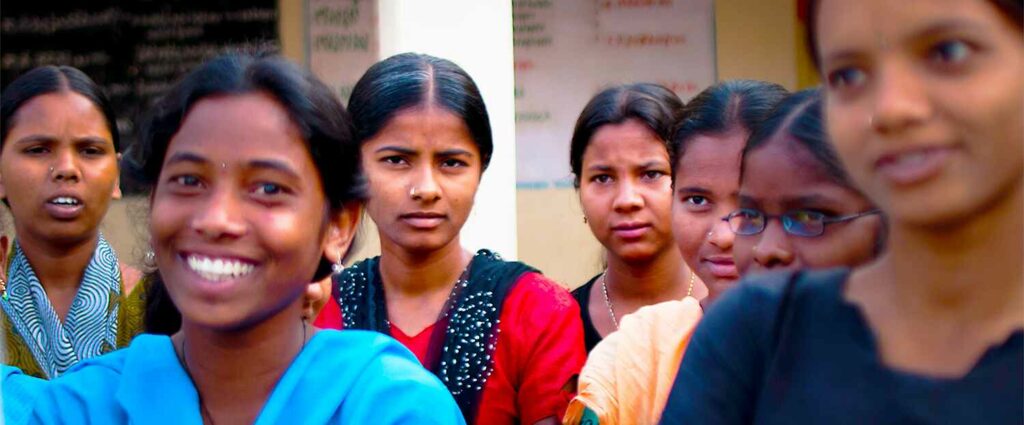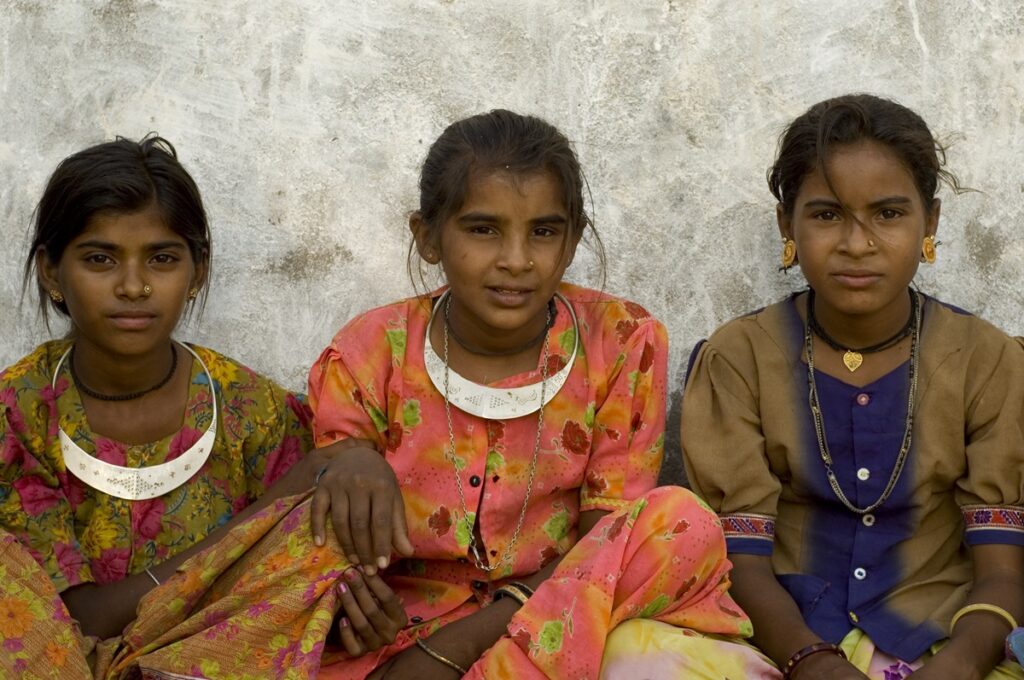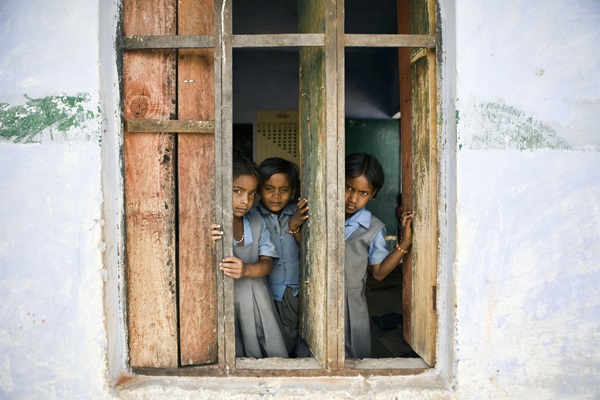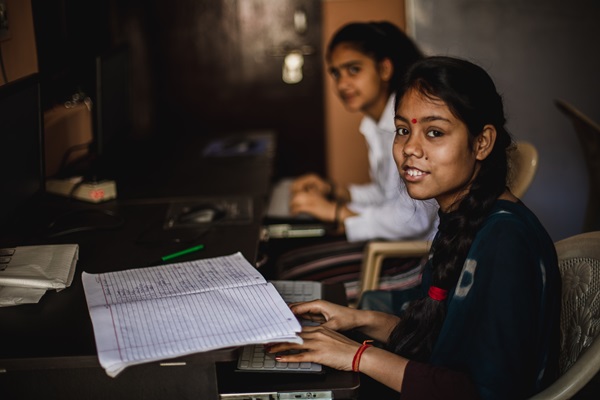
Importance of Menstrual Hygiene Education For Girls in India
Menstruation can be confusing and even a bit scary. Girls might feel embarrassed or uncomfortable talking about it. But it’s nothing to be ashamed ....
Read MoreIn India, millions of girls confront multifaceted challenges that obstruct their growth, development, and well-being. From pervasive gender discrimination to entrenched barriers like lack of access to education and the prevalence of child marriage, the girl child in India navigates numerous obstacles every day.
In this blog, we will explore five prominent problems faced by the girl child in India and delve into how CRY - Child Rights and You is working tirelessly to address these issues and empower girls across the nation.

Gender discrimination remains deeply entrenched in Indian society, permeating various aspects of life including education, healthcare, and employment opportunities. Girls often face unequal treatment and limited opportunities compared to their male counterparts, perpetuating cycles of inequality and limiting their potential for personal and professional growth.
Many girls in India lack access to essential facilities such as clean water, sanitation, and healthcare services. The absence of these basic amenities not only impacts their physical health but also hinders their overall well-being and quality of life. Without access to clean water and proper sanitation facilities, girls are more susceptible to illness and face increased health risks.

Millions of girls in India are denied access to education due to a multitude of factors including poverty, child marriage, and cultural norms that prioritize boys' education over girls'. Deep-rooted gender biases and societal expectations often prevent girls from attending school, perpetuating cycles of illiteracy and limiting their opportunities for personal and professional advancement.
Read More: Importance of Girl Child Education in India
Child marriages continue to plague Indian society, robbing girls of their childhood, education, and opportunities for personal development. Forced into marriages at a young age, girls are often deprived of their autonomy and agency, facing significant challenges in asserting their rights and pursuing their aspirations. Child marriage perpetuates cycles of poverty and gender inequality, hindering the progress and development of girls and communities alike.
Girls in India are vulnerable to various forms of abuse, including physical, sexual, and emotional abuse. From domestic violence to sexual exploitation, girls face significant risks to their physical and psychological well-being, often with long-lasting and devastating consequences. The prevalence of abuse further perpetuates cycles of violence and trauma, hindering girls' ability to thrive and reach their full potential.

CRY is committed to ensuring every girl child has access to quality education through a range of initiatives aimed at addressing barriers to enrollment and retention. From supporting school infrastructure development to providing scholarships for girls from marginalized communities, CRY is working to create inclusive and equitable learning environments where every girl has the opportunity to thrive. We focuses on promoting girl child education through a multifaceted approach that includes awareness campaigns, community mobilization efforts, and advocacy for policies that promote girls' right to education. By empowering girls with knowledge and skills, CRY aims to break the cycle of poverty and gender inequality, enabling girls to pursue their dreams and build brighter futures for themselves and their communities.
CRY provides essential child healthcare and nutrition support to improve the health and well-being of girl children. Through initiatives such as immunization campaigns, healthcare camps, and nutritional supplementation programs, CRY aims to address the underlying health issues that hinder girls' development and impede their ability to reach their full potential.
CRY works tirelessly to eliminate child labour by advocating for stronger child labour laws, providing education and vocational training to at-risk children, and supporting families to ensure children can access education instead of being forced into labour. Through these efforts, CRY is working to eradicate child labour and create safe and supportive environments where children can learn, grow, and thrive free from exploitation and abuse.
CRY advocates for legal reforms and policy changes to prevent child marriages and raise awareness about the harmful effects of early marriage. Through targeted interventions and support services for girls at risk of forced marriage, CRY aims to empower girls with the knowledge and resources they need to assert their rights and make informed decisions about their futures.
In conclusion, the challenges faced by the girl child in India are complex and multifaceted, but organizations like CRY are making significant strides towards addressing these issues and empowering girls to lead fulfilling lives. Through strategic interventions in education, healthcare, child protection, and advocacy, CRY is working to create a more equitable and just society where every girl has the opportunity to thrive and reach her true potential.
By supporting CRY through donations to NGOs , individuals can play a crucial role in empowering the girl child and ensuring she has the opportunity to reach her full potential. Together, let us stand up for the rights of girls and work towards a brighter, more inclusive future for all.